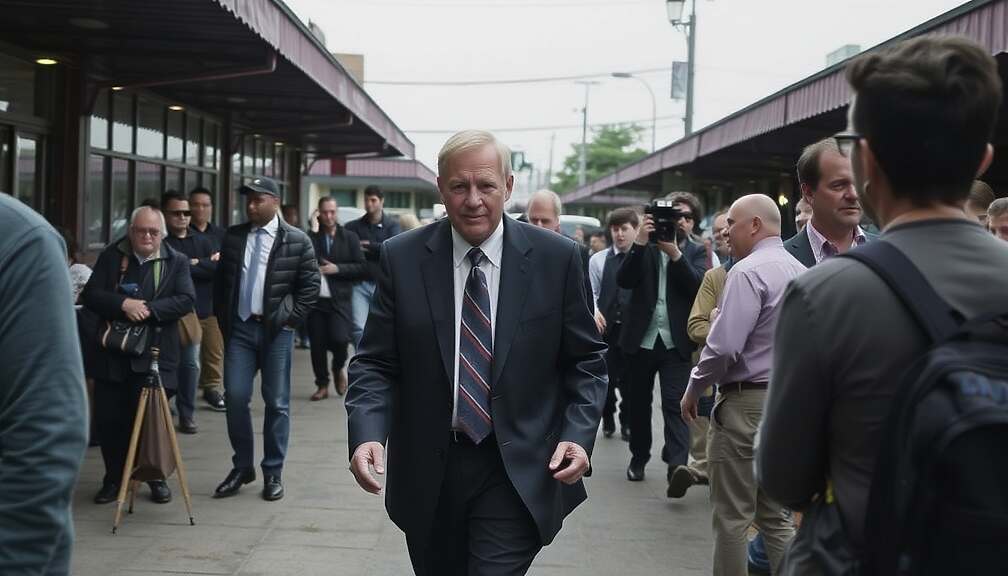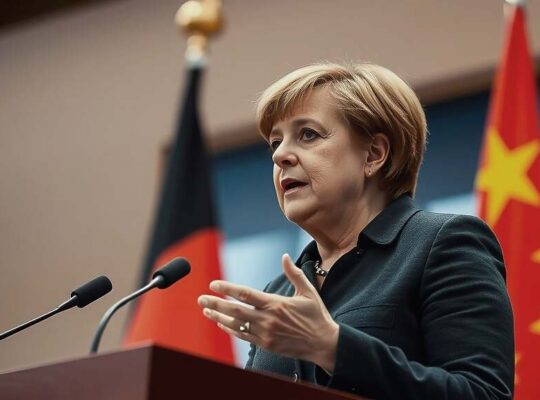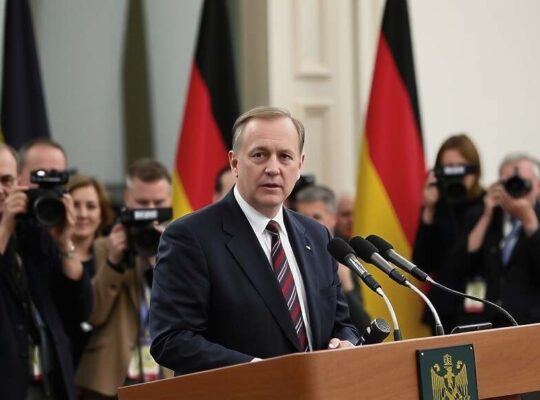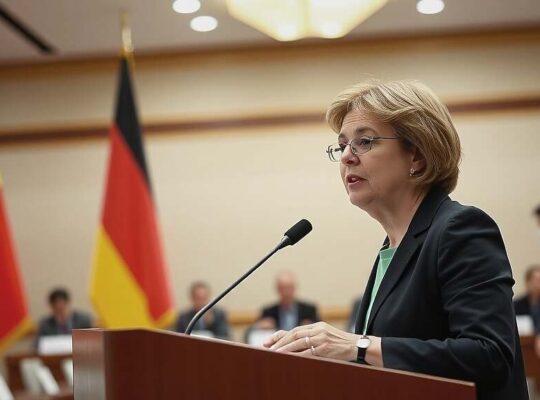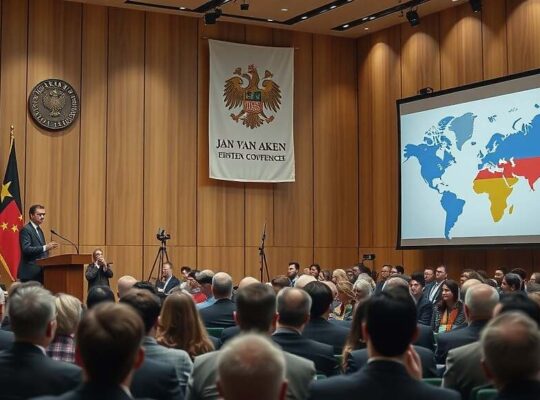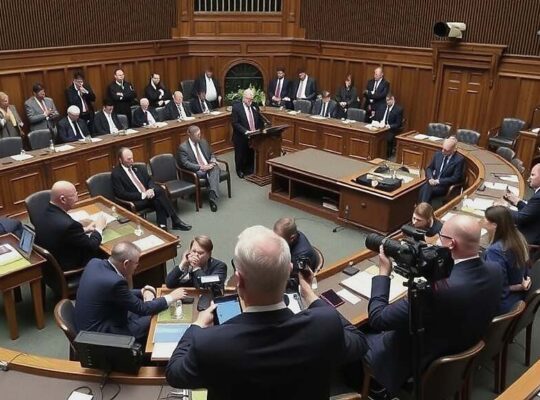A subtle shift in public sentiment is emerging in Germany, offering a fragile respite for Chancellor Friedrich Merz and the governing coalition, though fundamental challenges to its stability remain. According to a new Insa poll reported by “Bild am Sonntag”, Chancellor Merz’s approval rating has edged up to 27 percent, a four-point increase from late September. While a substantial majority (62 percent) continues to express dissatisfaction, the halt to a previously consistent downward trend marks a tentative positive for the conservative leader.
The broader black-red coalition government also registered a modest uptick in public approval, with 28 percent of respondents now satisfied with its performance-a five-point improvement over three weeks prior. However, a continued 63 percent harbor reservations, highlighting the persistent anxieties within the electorate despite the minor rebound.
Despite the encouraging signs regarding individual approvals, the crucial link between perceived government performance and electoral support remains fractured. The weekly Insa Sonntagstrend, commissioned by “Bild am Sonntag”, indicates that the Union (CDU/CSU) has not benefited proportionally from the slight increase in satisfaction with Chancellor Merz. The Union holds steady at 24 percent, lagging behind the far-right Alternative for Germany (AfD), which commands 26 percent support. The Social Democrats (SPD) remain at a precarious 14 percent.
Combined, the CDU/CSU and SPD secure only 38 percent of the potential vote – a deficit significant enough to preclude a parliamentary majority. The Greens have seen a marginal improvement, reaching 12 percent, while the Left party dips to 11 percent. The populist BSW and the liberal FDP remain comparatively weak at 4 percent each.
“The slightly increased satisfaction with the federal government is not yet translating into higher approval for the governing parties” observes Hermann Binkert, head of the Insa polling institute. This disconnect underscores a critical issue for the coalition: while individual policies or initiatives might resonate with segments of the population, it does not automatically buoy support for the parties themselves.
The poll, based on interviews conducted between October 6th and 10th, 2025 and incorporating a separate survey focused on Chancellor Merz’s performance, paints a complex and potentially worrying picture for the German political landscape. The current level of public frustration and the continued strength of the AfD suggest that the coalition’s modest gains are unlikely to resolve the underlying political anxieties driving the electorate and that the governing parties face a significant challenge in rebuilding trust and convincing voters of their long-term viability.


